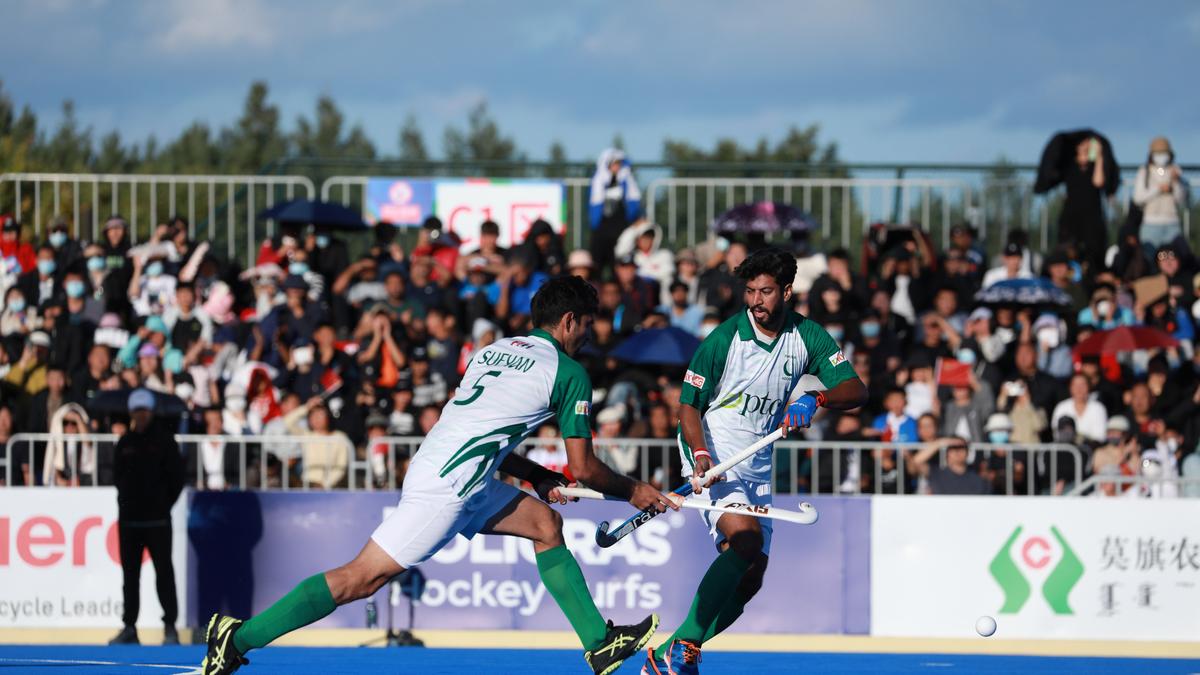Pakistan Hockey’s Decline: Factionalism, Mismanagement, and Lack of Funds
Pakistan hockey, once a global powerhouse, has been in a state of decline for the past two decades. Despite occasional flashes of brilliance, the team’s struggles have persisted since its last major medal in 2010. Factionalism, mismanagement, and lack of funds have further exacerbated the situation, resulting in Pakistan languishing at 16th position in the world rankings.
The ongoing Asian Champions Trophy marked Pakistan’s first major tournament in a long time, but it came with its own set of challenges. Roelant Oltmans, the team’s coach at the time, declined to travel due to financial constraints, leading to Tahir Zaman’s appointment at the last minute.
Zaman, an FIH master coach with over 20 years of experience, acknowledged the long road ahead for Pakistan hockey. He emphasized the need to analyze player performance, address technical and tactical issues, and instill confidence in the team. However, he admitted that significant improvements could not be achieved without proper training sessions.
Captain Ammad Butt attributed Pakistan’s struggles to a lack of experience, particularly in international competitions. He highlighted the team’s inability to perform consistently against top-ranked opponents and called for more exposure to high-level matches.
The PHF itself has been plagued by internal divisions, with two factions claiming legitimacy. This has hindered the federation’s ability to provide adequate support and resources to the national team. Zaman emphasized the need for a stable and unified PHF to address the systemic issues affecting Pakistan hockey.
He outlined plans to upgrade the domestic hockey structure, establish a professional hockey league, and allocate a budget for international travel and matches against top teams. He also stressed the importance of reviving the national junior championships and establishing a junior league.
Butt agreed that the system back home needed fixing. He pointed to the lack of grassroots hockey and the need to identify and train young talent. He also criticized the frequent changes in the coaching staff, which he believed hindered the team’s progress.
Zaman acknowledged the challenges but expressed optimism about Pakistan hockey’s revival. He emphasized the need for continuity and a long-term plan to achieve sustainable success.

